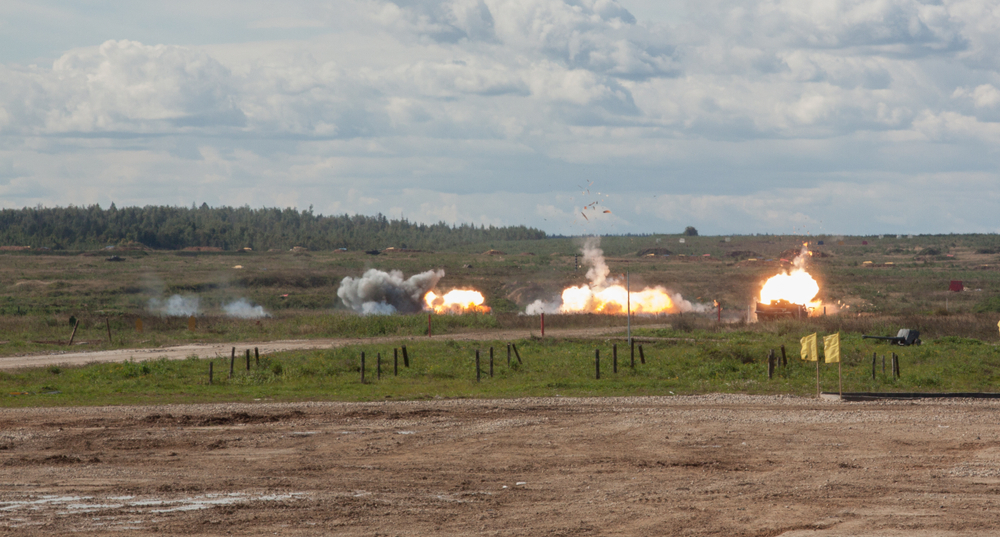The weapons can damage lungs, eyes, and cause brain injuries.
Others are reading now
Russia has started producing thermobaric drones for use in Ukraine.
Damages Lungs and Eyes
These drones are equipped with highly destructive warheads capable of causing severe damage to both civilians and infrastructure.
An investigation by the Associated Press revealed that these drones are launched alongside decoy drones to overwhelm Ukrainian air defenses. This represents a significant escalation in the conflict.
Thermobaric weapons generate intense heat and pressure waves that can destroy thick walls and cause severe injuries, according to Hotnews.
Also read
The weapons can damage lungs, eyes, and cause brain injuries. While thermobaric warheads have been used in missiles during the war, deploying them on drones increases their potential for destruction.
The drones are reportedly aimed at targeting underground energy infrastructure in Ukraine, such as substations. These strikes are likely to escalate as winter approaches.
Chinese and Western-Made Parts
The drones are produced in Alabuga, a special industrial zone in Tatarstan, Russia. This facility has shifted its focus to military production since the full-scale invasion of Ukraine began.
The drones’ components include Chinese and Western-made parts. Despite sanctions, Russia continues to obtain these components through intermediaries in Asia and the Middle East.
Thermobaric drones and decoy drones are being manufactured alongside Iranian-designed Shahed-style attack drones.
Iran and China play a key role in supporting Russia’s drone program. Iran has supplied Shahed drones to Russia since the war began.
Reuters reported that Russia established a drone production program in China to bolster its supply chain. European intelligence sources confirm ongoing cooperation between these nations.
Thermobaric weapons operate by dispersing fine aerosol particles that are then ignited to create massive fireballs and shockwaves.
These weapons are extremely lethal in confined spaces like bunkers or shelters. While not banned by international law, their effects are indiscriminate and have faced criticism worldwide.

